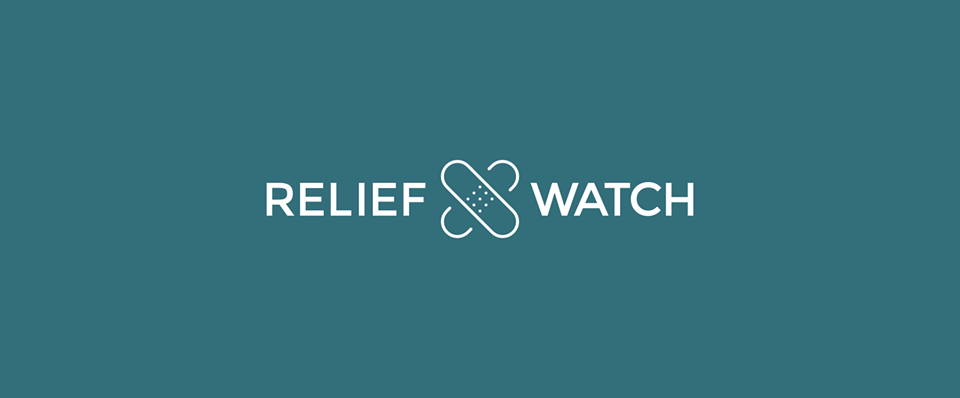Expanding Globally, Adapting Locally: Reliefwatch Scales With Twilio IVRs and SMS
Time to read: 2 minutes


The Origin of Reliefwatch
Reliefwatch started as a college project Daniel built with his friends. While traveling abroad, he was struck by the state of health clinics in developing countries.
During his visit to Peru, he saw health clinics had problems tracking medicine, communicating with patients, and sticking to timely treatment schedules. Daniel introduced health clinics in Peru to Reliefwatch (formerly Project SAM), a Twilio-powered SMS based tracking system for shipments. This allowed health clinic employees to log critical inventory data via text, so the supply chain can be easily tracked.
Today, Reliefwatch does more than medicine shipment tracking, and operates in more places than just Peru. Reliefwatch has clients across Central and South America, Africa, and Southeast Asia.
Local Business, International Reach and Adaptability For Wrigley
When you’re doing business abroad in developing regions, surmounting technological and potential linguistic hurdles is a top priority. Relying on ubiquitous mediums of communication like voice and SMS allow brands like to use Reliefwatch to get deeper insight into their supply chain.
Wrigley had trouble tracking where their products at the very end of the supply chain ended up. The further their products traveled from the distribution center the less visibility they had. The primary barriers were technological and linguistic. Using Twilio Voice, and , Reliefwatch broke those barriers in one fell swoop.
Reliefwatch gives Wrigley full transparency in their supply chain by leveraging a Twilio-powered IVR. The staff in charge of shipping Wrigley’s products thousands of miles call a Twilio number, and hear a series of inventory questions which they answer by pressing digits on their phone.
The questions they hear are recorded in Swahili, one of the most commonly spoken languages in Southeast Africa. While few companies support text to speech in that language, Daniel found a way around that. Reliefwatch uses recordings of native Swahili speakers asking those inventory questions as voice prompts. They’re hosted in an AWS bucket, and called upon by Twilio.
The Power Of A Demo With Local Numbers
Daniel credits this type of flexibility to customize solutions for a client in any part of the world as the reason why ReliefWatch is expanding rapidly with clients like PharmNet, the Ministry of Health in Uganda, and DirectRelief.
He recalls visiting Kenya to meet with a customer and deploying Reliefwatch on site. “The flexibility of the system was such that we could basically get there (to the location) and not have to worry about anything at all. We just flip the switch so that Kenya was enabled in our Twilio dashboard, and it worked. We didn’t have to do anything else. It’s been amazing for us.”
Daniel frequently demos Reliefwatch to clients who are a few timezones, and a few thousand miles away. But the distance seems smaller with a simple text.
“Now as we’re continuing to talk to organizations around the world that we haven’t worked with yet, I’m able, in Chicago, to do a demo with somebody with Botswana and I can actually configure the app to do calls straight to them on their phone, halfway around the world.”
Learn more about ReliefWatch here.
Related Posts
Related Resources
Twilio Docs
From APIs to SDKs to sample apps
API reference documentation, SDKs, helper libraries, quickstarts, and tutorials for your language and platform.
Resource Center
The latest ebooks, industry reports, and webinars
Learn from customer engagement experts to improve your own communication.
Ahoy
Twilio's developer community hub
Best practices, code samples, and inspiration to build communications and digital engagement experiences.


